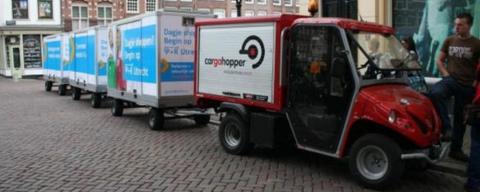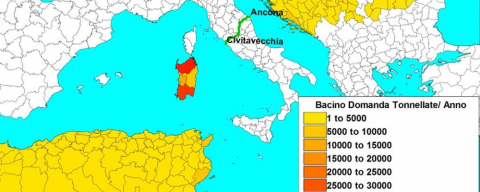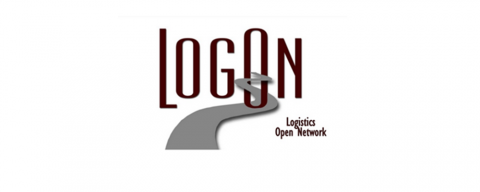You are here
Logistics and Freight Transport

Integrated systems for new strategies
The logistics and freight transport is a key factor of competitive advantage for businesses, especially at a time like the one we live in, a sharp transformation, characterized by technological innovation in the fields of information and communication technologies (ICT). These developments have made possible the emergence of a new logistics systems model based on the concept of system integration.
Basically, with the large-scale application of computer systems, new organizational models have been developed, for planning and management, integrating the various stages of the supply-production-distribution cycle. In this way, freight is joined, as a subsystem of the larger logistics system.
The CTL works in partnership with industries, services and public administration managers to develop innovative technological and organizational solutions that improve the efficiency and quality of transport infrastructure and logistics.
The study of innovation in the ICT impact on the logistics and freight transport is central not only to the development of strategies of enterprises. The theme is extremely relevant also for the institutions, which have to pick up a major challenge: to point to physical and information infrastructure that will create the conditions for a competitive and efficient enterprises logistics, environmentally and socially sustainable.
The CTL activities include:
1. Planning logistics systems, both in terms of nodes of linear infrastructure;
2. Freight transport systems design (in particular innovative systems for fleet management);
3. Development of new business models for logistics (specifically distribution), for the internationalization of enterprises and for the optimization of the urban distribution of goods;
4. Improving business performance through analysis of benchmarking, reengineering of management processes and innovation.
5. Developing applications for the Vehicle Routing with call systems, for locating logistical settlements (facility location), for the planning and management of automated guided systems, decision support systems, macro and micro simulations of transport systems, Fleet Management, applications to the reverse logistics applications.

The state of the art of the urban distribution in Europe
The study Urban Freight Transport has reviewed the measures and practices relating to urban transport of goods among EU member states.

DEVELOP-MED - Elaboration of a common strategy for the competitiveness of European ports of the Mediterranean
DEVELOP-MED aims to develop a strategy to improve the competitiveness of the European Mediterranean area maritime system.

Logistics as a lever for the internalisation of enterprises in Plan Export South of ICE
The ICE (Agency for the promotion abroad and the internationalization of Italian companies) started the South Export Plan.

LogON - Innovation in urban logistics as part of Industry 2015
LogON involves the study and pilot testing of a complex platform of services for the logistics in the urban environment.

